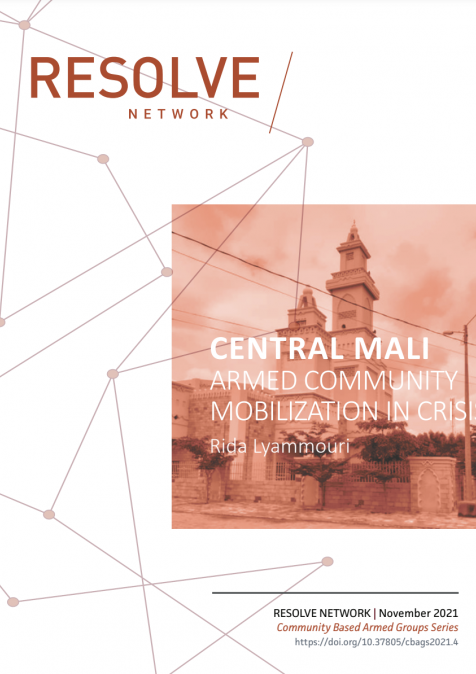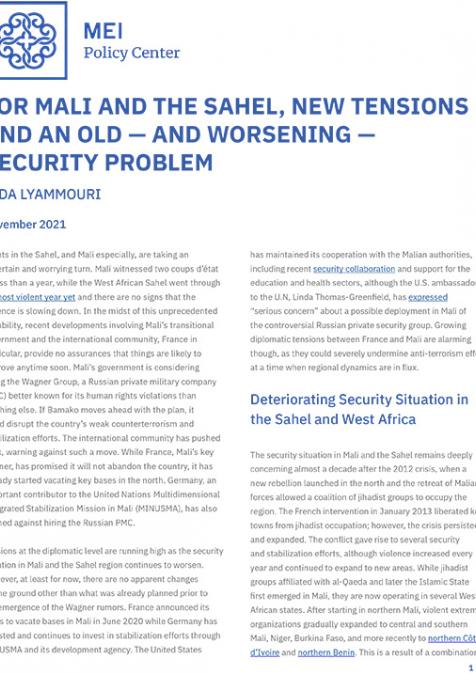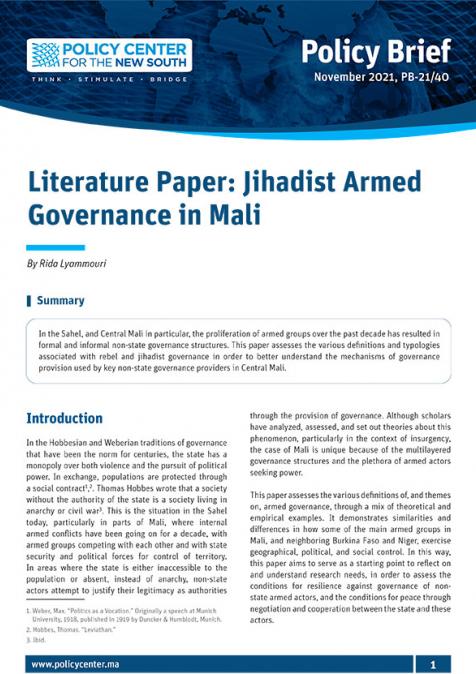Publications /
Book / Report
The sixth African Peace and Security Annual Conference (APSACO) was held on July 20-21, 2022, under the theme 'African Security in Times of Uncertainties'. The two-day event was composed of five panels and one report discussion.
• Panel 1: The Impact of the Russia-Ukraine War on Africa
• Panel 2: Conflict Resolution and w in Africa
• Panel 3: The Worsening of the Food-Security Challenge in Africa
• Panel 4: Security Implications of Climate Change in Africa
• Panel 5: African Fragile States in Times of Uncertainty
• Report discussion: Annual Report on Africa’s Geopolitics
As it has become the trademark of PCNS conferences, APSACO brought together experts from different parts of the world, from various fields, and professions—from the military and political worlds to academia and civil society—to ensure a broad and productive conversation. This report presents and summarizes the panelists’ interventions and the main issues tackled during the conference.








